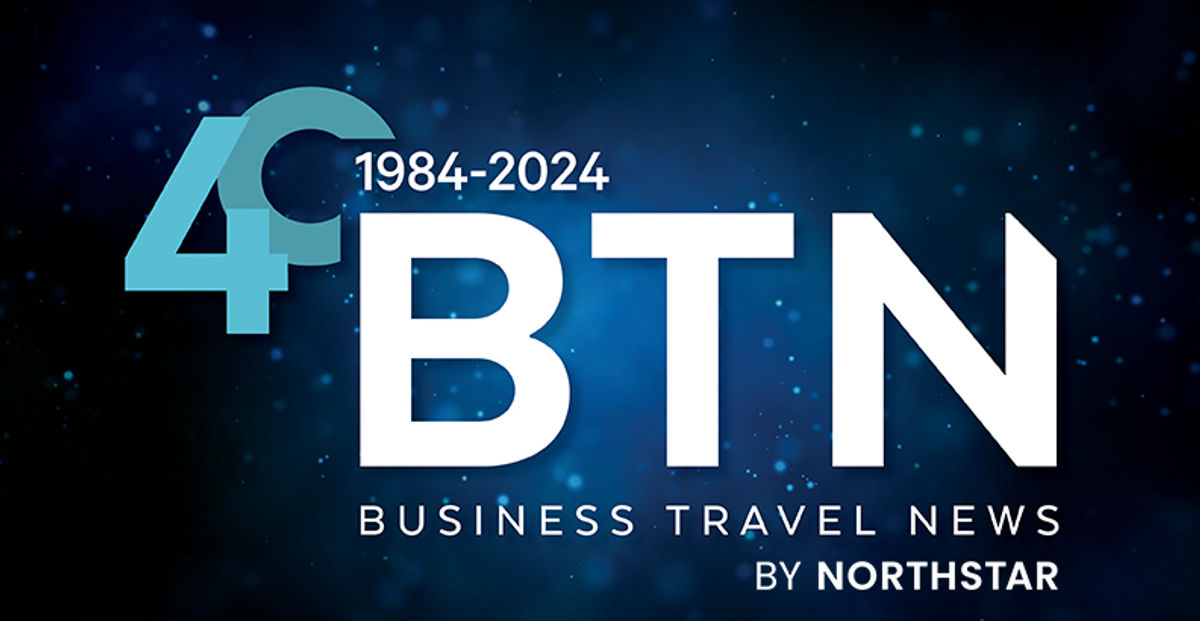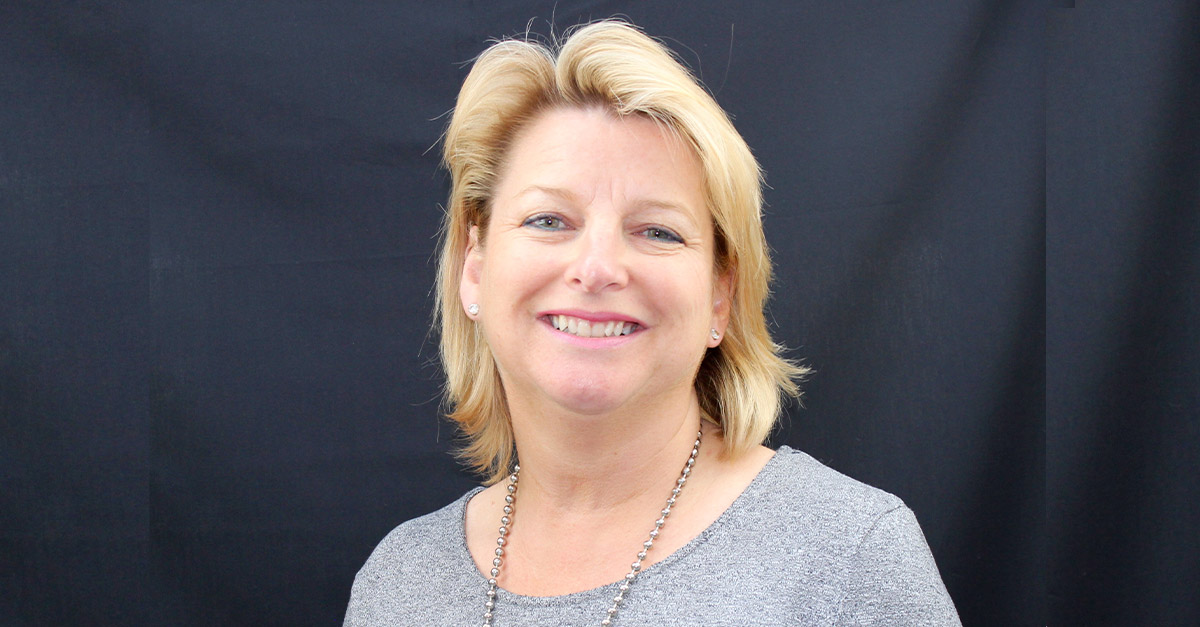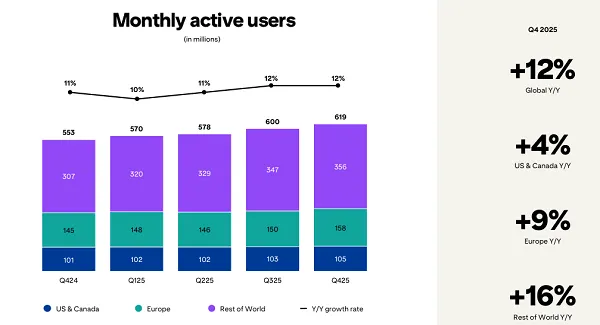ChatGPT adds Washington Post content to growing list of OpenAI media deals
The Washington Post on Tuesday inked a deal with OpenAI, allowing the startup's viral chatbot, ChatGPT, to display, summarize and quote the newspaper's content.

OpenAI CEO Sam Altman looks on during an event at the startup campus Station F, on the sidelines of the Artificial Intelligence Action Summit, in Paris on Feb. 11, 2025.
Aurelien Morissard | AFP | Getty Images
The Washington Post on Tuesday inked a deal with OpenAI allowing the Microsoft-backed artificial intelligence startup to display, summarize and quote the newspaper's content within ChatGPT.
When users ask the viral chatbot questions, ChatGPT will "display summaries, quotes, and links" to the Post's reporting, "always with clear attribution and direct links to full articles so people can explore topics in greater depth and context," according to a release from the two companies.
The Washington Post, which is owned by Amazon founder Jeff Bezos, has leaned into AI in the past year, launching generative AI tools like "Ask The Post AI" and "Climate Answers," as well as AI-powered summaries and audio, per a release.
The deal is the latest in a string of media partnerships OpenAI has formed with more than 20 news publishers, which include more than 160 outlets, according to the release.
Read more CNBC reporting on AI
In October, OpenAI began its partnership with Hearst, the media conglomerate behind outlets like the Houston Chronicle, the San Francisco Chronicle, Esquire, Cosmopolitan, Elle and others. Under the partnership, products like ChatGPT and SearchGPT can use content from more than 20 magazine brands and more than 40 newspapers.
OpenAI announced a similar partnership in August with Condé Nast, which owns media brands such as Vogue, The New Yorker, GQ, Vanity Fair and Wired.
OpenAI and Time announced a "multi-year content deal" in June that allowed OpenAI to access current and archived articles from more than 100 years of the magazine's history. OpenAI can use Time's content "to enhance its products," according to the magazine, or, likely, to train its AI models.
Last May, OpenAI announced a partnership with News Corp. allowing OpenAI to access current and archived articles from The Wall Street Journal, MarketWatch, Barron's, the New York Post and other publications. Reddit also announced a deal with OpenAI that same month to allow the ChatGPT maker to train its AI models on the social media company's content.
Other news publications and media outlets have aggressively tried to protect their businesses as AI-generated content becomes more prevalent.
The Center for Investigative Reporting, the country's oldest nonprofit newsroom, sued OpenAI and its lead backer Microsoft in federal court last June for alleged copyright infringement, following similar suits from publications including The New York Times, the Chicago Tribune and the New York Daily News.
The New York Times also filed a suit against Microsoft and OpenAI, alleging intellectual property violations related to its journalistic content appearing in ChatGPT training data. The newspaper said at the time it sought to hold Microsoft and OpenAI accountable for "billions of dollars in statutory and actual damages" related to the "unlawful copying and use of the Times's uniquely valuable works," according to a filing in the U.S. District Court for the Southern District of New York. OpenAI disagreed with the publication's characterization of events.

 MikeTyes
MikeTyes 






























